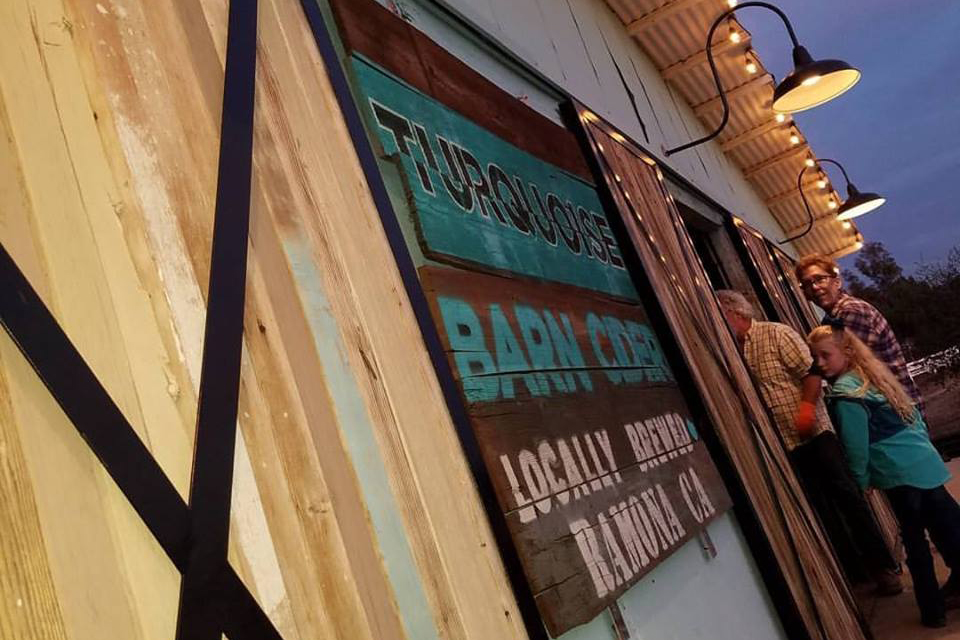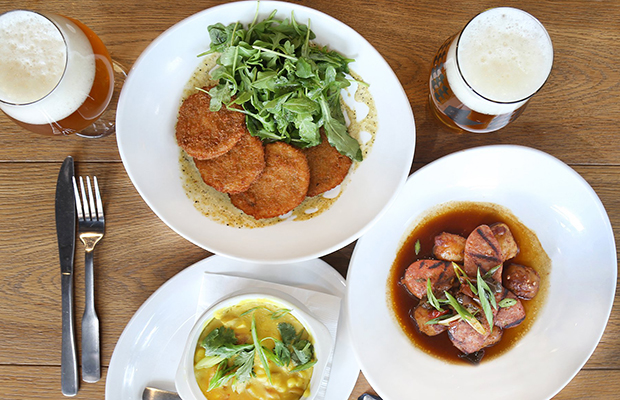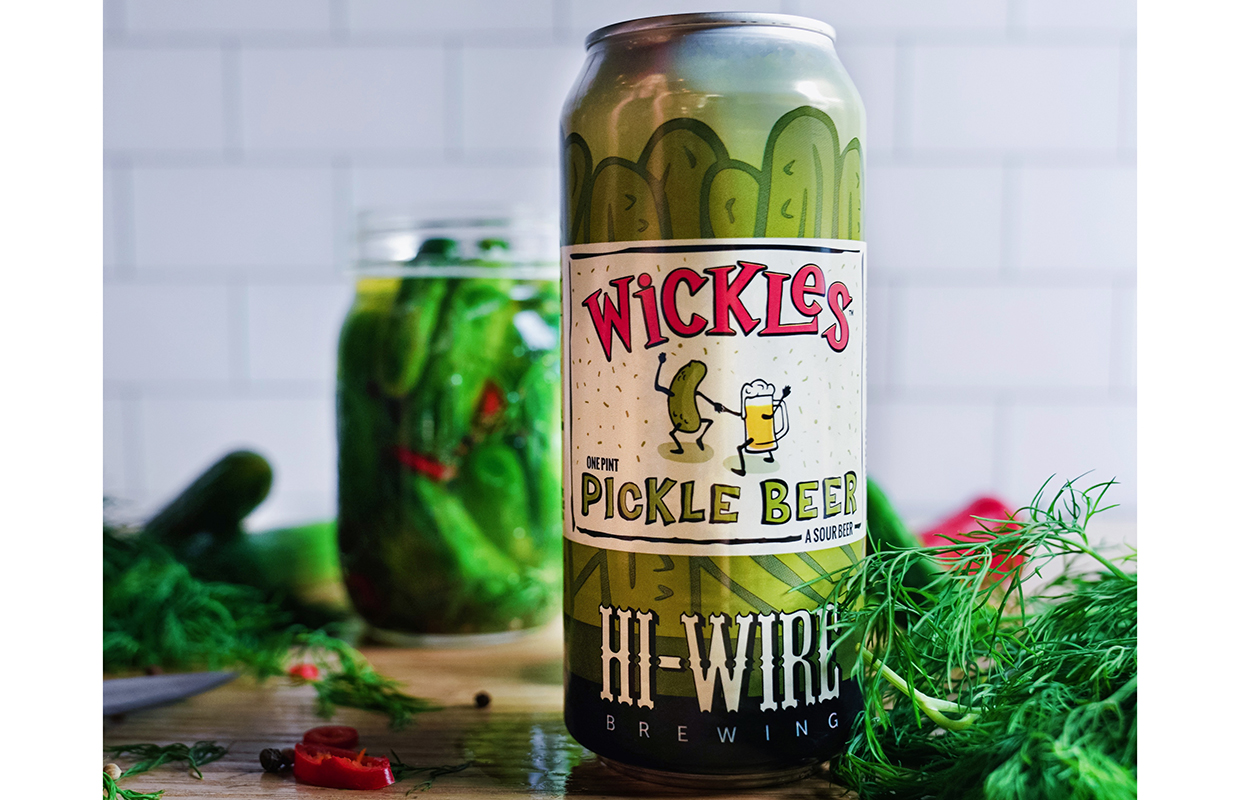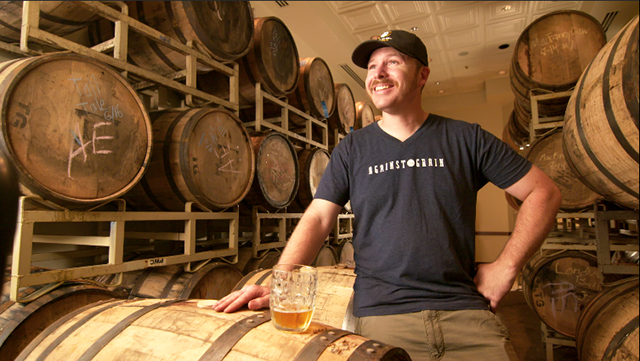
As consumers continue to become more knowledgeable about the products they purchase, cideries can “sell” the story of sustainability to a greater effect. Instead of just saying what kind of cider it produces, the backstory can be just as important in a consumer’s purchasing decisions.
That has prompted many cideries to showcase sustainability efforts as a great marketing tool.
”People definitely perk up when they hear it. It’s become more important to consumers,” said Turquoise Barn Cider‘s Neil Kennedy.
The California cidery is 100% powered by solar, and many items around the cidery have been made from reclaimed wood left from the previous owner.
”We relocated a beehive to our grove, as well as use various sustainable farming practices such as birdhouses and owl boxes for pest/rodent control,” Kennedy added. “We also compost all organic waste, and fertilize with manure from our horses on-site.”
Sustainability for Courthouse Creek Cidery begins with natural methods used to produce its cider.
”We don’t use sulfites, preservatives, or additives of any kind,” Eric Cioffi said. ”Everything is fermented or aged in barrels. We don’t filter or fine. All our ciders are bottle-conditioned. Cider is wine. It is a living thing and should be treated as such.”
Educating the consumer about its natural methods is a big part of the tasting room experience, he noted.
”We find that consumers — when informed about what goes in a commodity product — gravitate towards naturally-produced ones. It is the same with cider. Additionally, our small size (we likely will max out at 3,000 cases per year), is also consistent with a more sustainable winery that does not have to continue to expand its footprint to meet volume goals,” he said of the Maidens, Virginia facility. ”Indeed, in the end, commodity cider means mass-production, which means decreasing margins. It’s a volume game. A game we don’t wish to play, as it is one that runs counter to who we are, what our core philosophy is, and how we produce our cider.”
Pennings Farm Cider has a well-insulated building, and owner and cider maker Stephen “SJ” Pennings believes that helps a lot on the efficiency of the cidery’s cooler units and its glycol tank chilling unit.
But Pennings believes that’s the biggest input of energy into the cider.
“On the farm we try our best to practice IPM strategies (integrated pest management) which means you are trying to use all different control measures for pests like insects, weeds, fungus, and bacteria, and we can’t forget the deer and woodchucks,” he said “We are not growing the apples without pesticides, but we make our best effort to not rely heavily on them, and we implement other control measures.”
Those include “cultural” control measures, which means doing it by hand. For instance, Pennings said in the orchard they hang scented soap bars on the trees to try to push the deer away, or they hand weed or weed whack in place of herbicides.
“In the end though, again, we do use pesticides when they give us a gain in efficiency, and to me ‘gain in efficiency’ means burning less energy, less fuel, etcetera. In other words, we do our damned best to be sustainable on the farm.”
Presenting the story of the sustainability of a small farm winery is part of Cioffi’s daily life and philosophy. He’s even created a name for that philosophy: CulTerra.
“We define as ’of local people, of local land,’ ” he said ”At its core, CulTerra embodies the philosophy that understanding, interacting, and interpreting one’s community, and the land it inhabits, enriches the foundation of both.
”From our relationships and partnerships with area nonprofits, membership in the Richmond West Beverage Trail, personal belief system, and dedication to family — a term we use in the broadest sense — we believe that the overall health of a community is inextricably tied to the land, and vice-versa.”




Be the first to comment